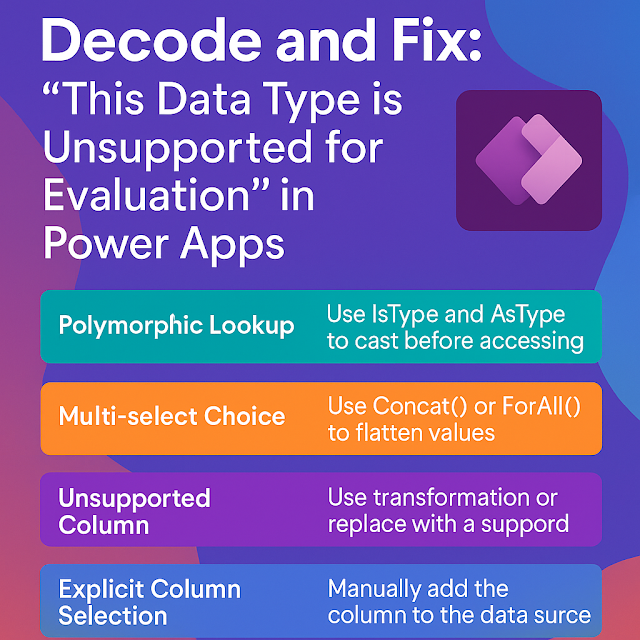Host Object Demystified: Your Power Apps Companion
Host objects are essential for interacting with the hosting environment and accessing its functionalities and resources. These are often used to bridge the gap between the programming language used in the code and the native features of the hosting environment. In the Canvas Apps, a host object generally refers to an object or component provided by the hosting environment in which a program is executed.
In the recent update, Microsoft provides a new object which helps in developing scalable and robust apps which is known as "Host" object. The "host" provides information about the web browser and helps us understand the current hardware and environment the app is running in.
There are some properties that may help to understand about the host environment:
BrowserUserAgent Property :
BrowserUserAgent is the text property that contains the complete user agent string that the browser user detects itself when running the app.
OSType Property :
The OSType property provides the name of the operating system the app is running on.
SessionID property:
The SessionId property returns the GUID that identifies the current session. This can be useful for troubleshooting purposes.
TenantID Property:
The TenantID property provides a globally unique identifier (GUID) that specifies the Azure Active Directory (AAD) tenant currently associated with the authenticated user.













Comments
Post a Comment